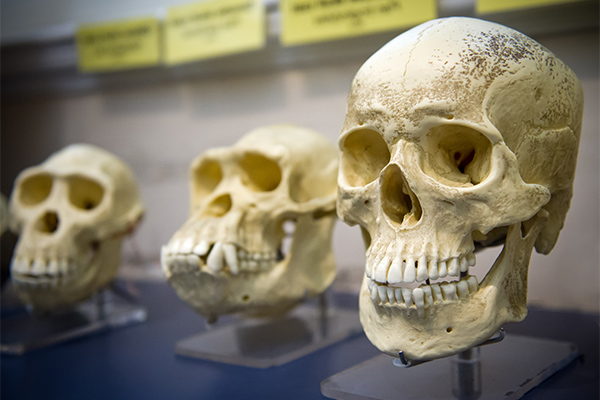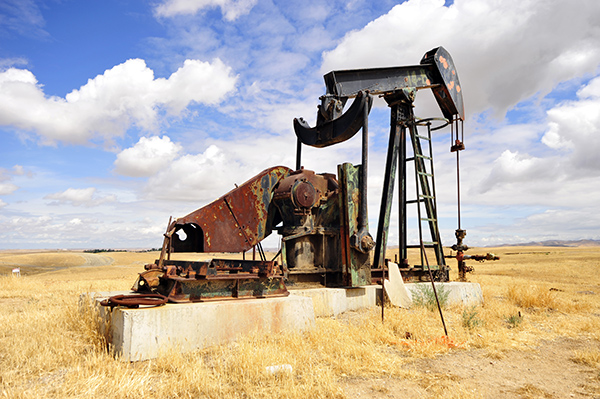
Biodiversity
Biodiversity (or "biological diversity") is a product of evolution, which has brought forth and continues to develop a diversity of populations and species. Biodiversity is necessary for the functioning of healthy ecosystems. Biodiversity is fundamental to life processes within an ecosystem. It provides the material needs and services that humans require from their environment, such as clean air, food and medicines, clothing or clean water.
No one knows exactly how many species actually exist in the world. Researchers estimate between 8 to 10 million species and only a fraction has been catalogued yet. However, the biological diversity is dramatically decreasing. About 34.000 terrestrial and marine species are currently endangered, and the number of extinctions per day is estimated between 2 and 130 - a cumulative result of local extinction. To give just one prominent example: about 1.200 square kilometers of species-rich tropical forests are destroyed per day and replaced by sugar cane, oil palm and maize monocultures for producing fuel.
No one knows exactly how many species actually exist in the world. Researchers estimate between 8 to 10 million species and only a fraction has been catalogued yet. However, the biological diversity is dramatically decreasing. About 34.000 terrestrial and marine species are currently endangered, and the number of extinctions per day is estimated between 2 and 130 - a cumulative result of local extinction. To give just one prominent example: about 1.200 square kilometers of species-rich tropical forests are destroyed per day and replaced by sugar cane, oil palm and maize monocultures for producing fuel.
Research: More research about Biodiversity is urgently needed because there are still too many open questions and only a portion of the inconceivable varieties of life are known.
Effects: We also need more knowledge on what diversity actually does and what its effects are. It is for example speculated, whether species-rich biotopes are more stable than non-diverse environments.
Consequences: We need to discuss, which measures are appropriate and realistic to protect endangered species and ecosystems. There might already be good approaches on the micro level that could be helpful - such as urban gardening, houses for wild bees, survival zones and protection areas.
Biodiversity, Ecosystem, Biological species, Extinction of species, Tropical forest, Protection of ecosystem, Monocultures
Related Topics

Human Migration And Evolution
When our ancestors (modern humans of the species 'homo sapiens') first left Africa about 60.000 years ago, they left 'genetic footprints' everywher...
READ MORE

Internet Fraud
Due to the growth of the use of the internet, also the quantity and scope of illegal activities such as identity fraud and purchase fraud has incre...
READ MORE

Internet Of Things
The "Internet of Things" is the network of physical objects such as devices, vehicles, buildings and other items that are embedded with electronics...
READ MORE

Oil Peak
According to M. King Hubbert, peak oil is the point in time when the maximum rate of extraction of petroleum is reached. This will result in a term...
READ MORE

Perception Of Colour
Colour vision is the ability of an organism to distinguish objects based on the wavelengths (or frequencies) of the light they reflect, emit or tra...
READ MORE




